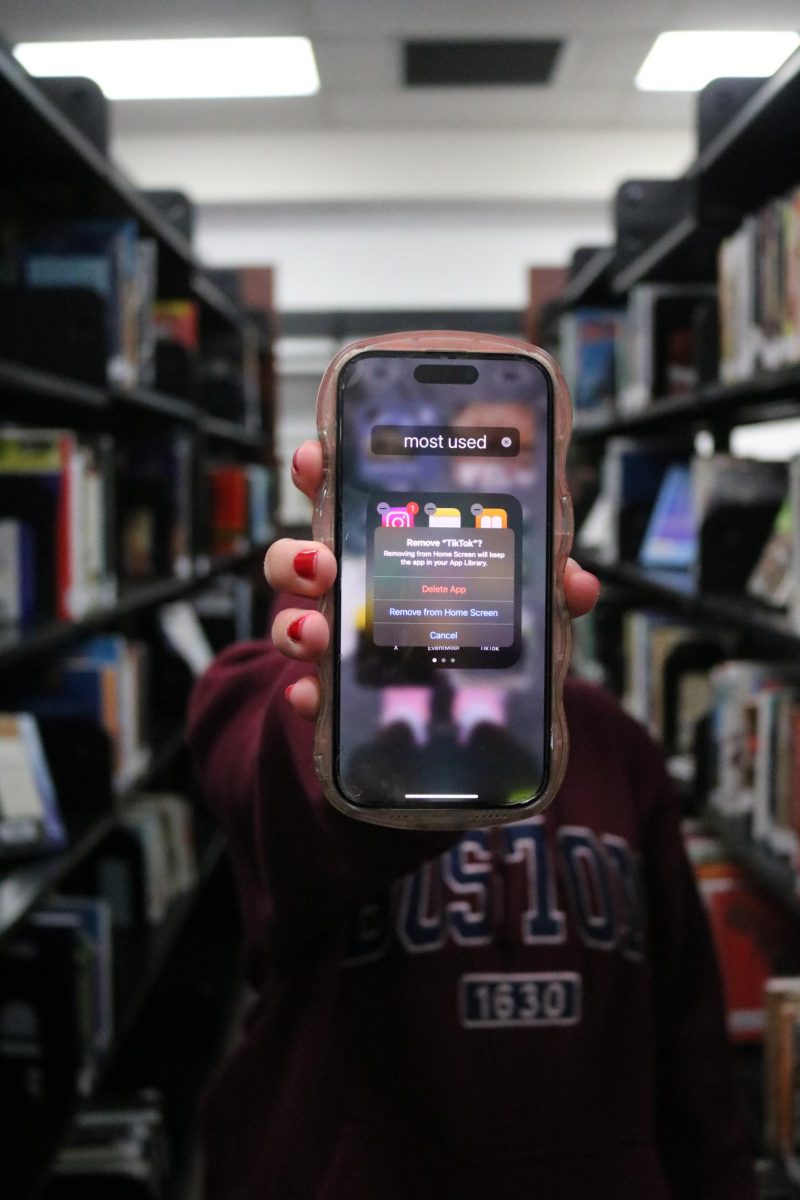This school year, D128 launched its new “Ready to Learn” policy, designed to help students disconnect from their phones and engage more with their education and peers. The initiative ties into the district’s 2025-2026 Daring to Connect theme. Posters explaining the policy now hang in every classroom as a reminder of the expectations and how they help improve learning.
Starting in the winter of 2024, D128’s Director of Communications Mary Todoric and Director of Student Services Dr. Jessica Herrman led the launch of an exploration into the effects that phone use in school had on students’ experiences in hopes of creating a more uniform and steady policy for all students.
Previously, while both Libertyville and Vernon Hills High School both had a “no phones” policy, it was rarely ever enforced. In some classrooms, some teachers found themselves individually taking charge to ensure what is best for their kids. However, practices regarding the policy still varied greatly.
“Part of the reason that this bubbled up was because kids and teachers were finding it really difficult and inconsistent,” Ms. Todoric said. “One teacher would do it this way, another teacher did it this way.”
After gathering information from other schools in the area as well as nationally, the exploration team decided on the use of phone “hotels” or “homes.” Whether hanging on a wall or sitting on a box on a desk, the organizers act as a location for students to place their phones for the duration of the class period. Despite their varying appearances, they all hold the same purpose of helping students disconnect, while also allowing them to use them during their lunch or a passing period.
Jeremy Gerlach, a woodworking and auto teacher, has an interesting viewpoint on the new policy. He started at LHS in 2004, and at that point, phones were strictly prohibited. Soon after, however, as phone use grew among students and staff, phones began being introduced to the classroom.
For Mr. Gerlach, the results of the new “Ready to Learn” policy have been encouraging: “I will say that the kids work harder and get their classwork done quicker,” he said.
Mr. Gerlach also noticed that freshmen have adapted the easiest thanks to similar rules in middle schools.
“It’s easier for us [teachers] because I don’t even think about it,” Mr. Gerlach said. “The freshmen that are coming in, they’ve already been trained, because they were doing it before they got here.”
While the policy has a focus on students, Mr. Gerlach hopes that most teachers attempt to put their phones down as well.
“I think teachers should follow the same rules and not be hypocritical in that aspect, because the administrators are asking us not to use [our] phones,” Mr. Gerlach said. “So when you have class and you’re asking your kids to not use their phones, I don’t think we should either, unless [we] need to do something super important.”
Looking ahead, Mr. Gerlach hopes that the policy will evolve to place more responsibility on students as they prepare for life after graduation.
“There isn’t somebody there telling you what to do, that you need to put your phone away, or telling you have to go to class,” he said.
To accommodate and give the students more responsibility, Mr. Gerlach proposes that students may put their phones in their pockets, instead of using the phone hotels, at some point in the future.
Dr. Herrmann shared a similar viewpoint on what the future holds: “Our hope for the next step is to help increase everyone’s intentionality about social media and phones because they’re not going anywhere, and technology has so many benefits,” Dr. Herrmann said. “So we want our next step to be to have more conversations about how we can be intentional with our use of phones.”
Despite the controversy surrounding the policy, reviews have already shown improvements regarding students in the classroom.
“It’s just the first step, because we have to start somewhere,” Mr. Gerlach said.



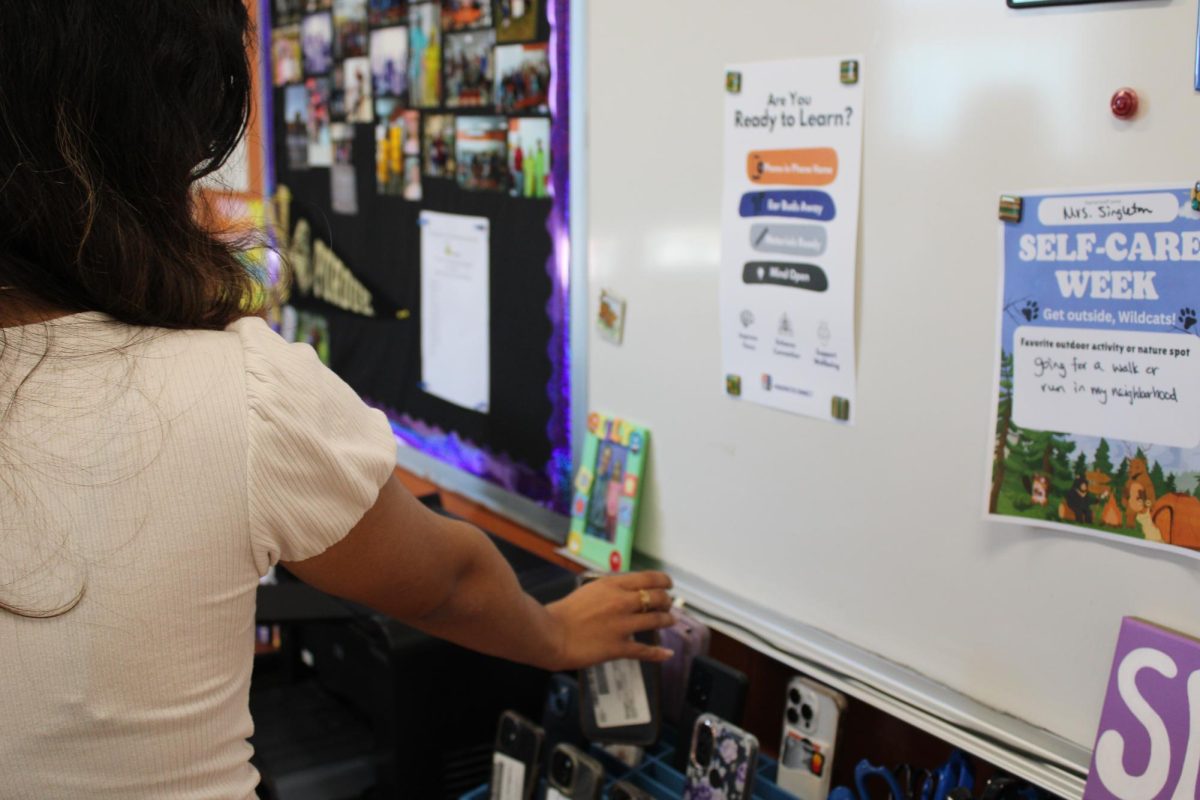




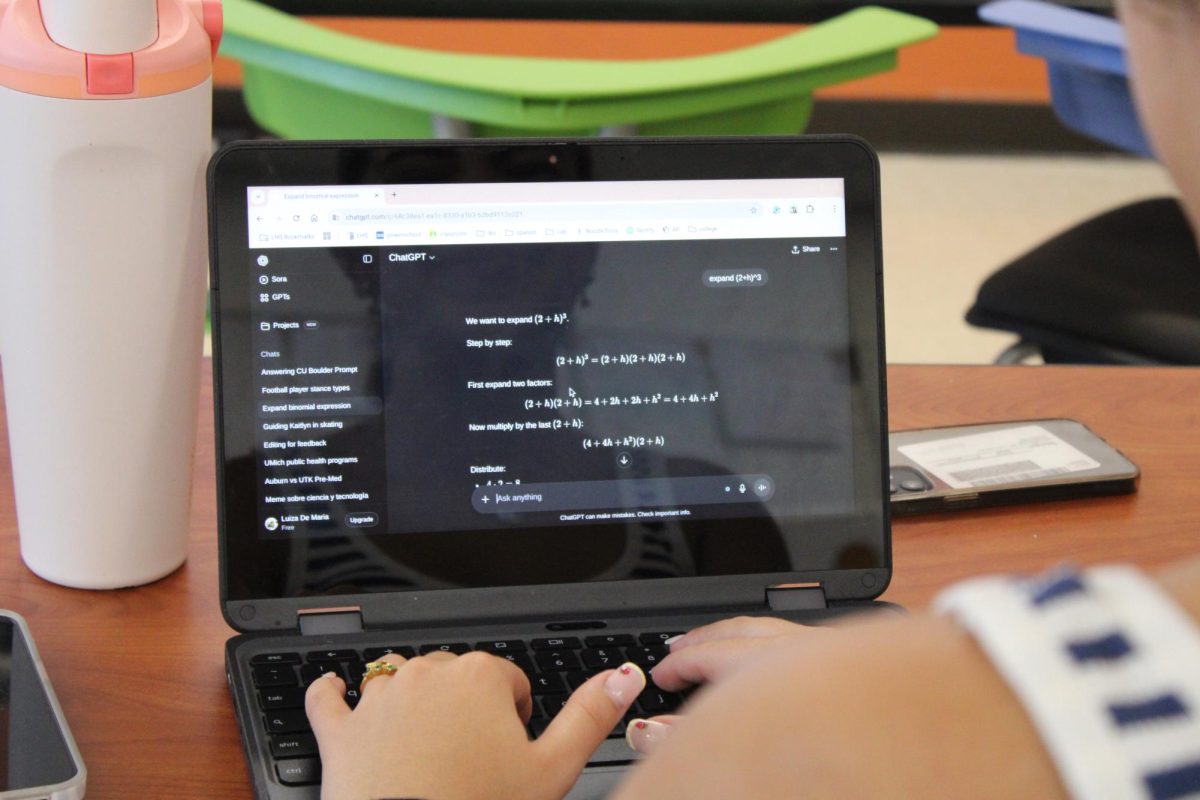

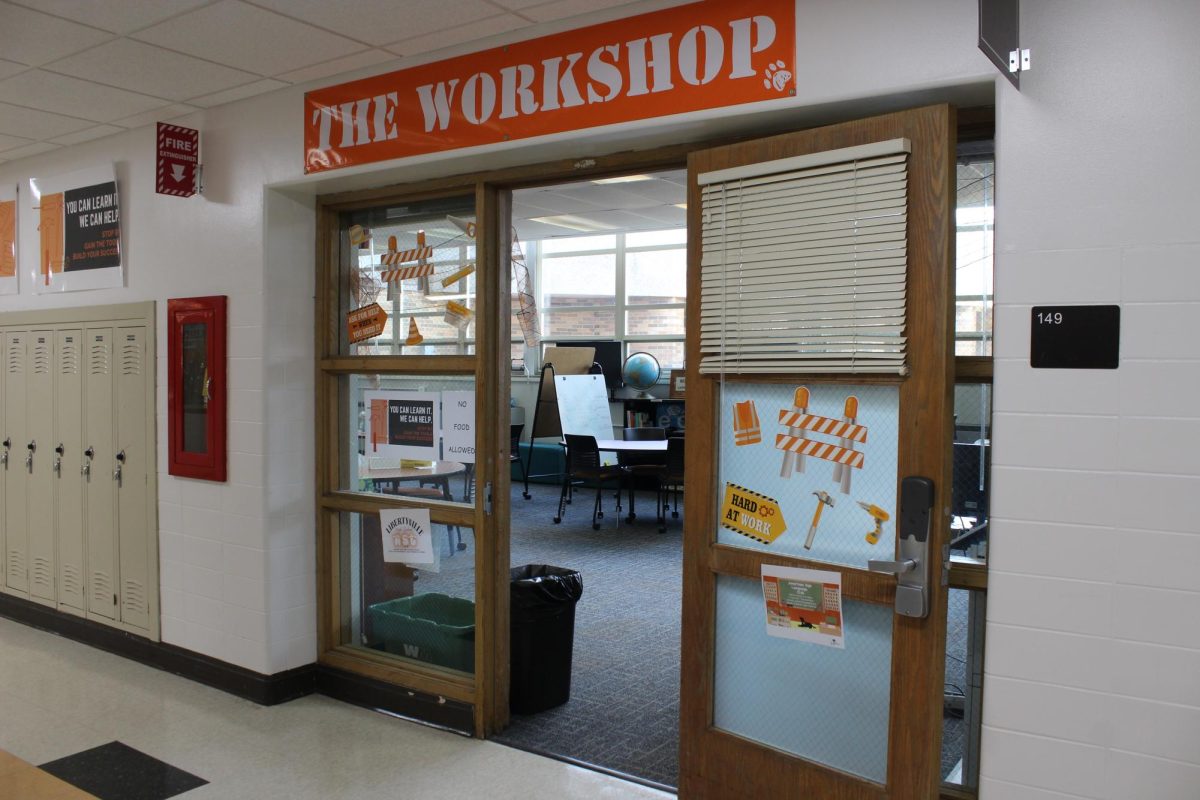
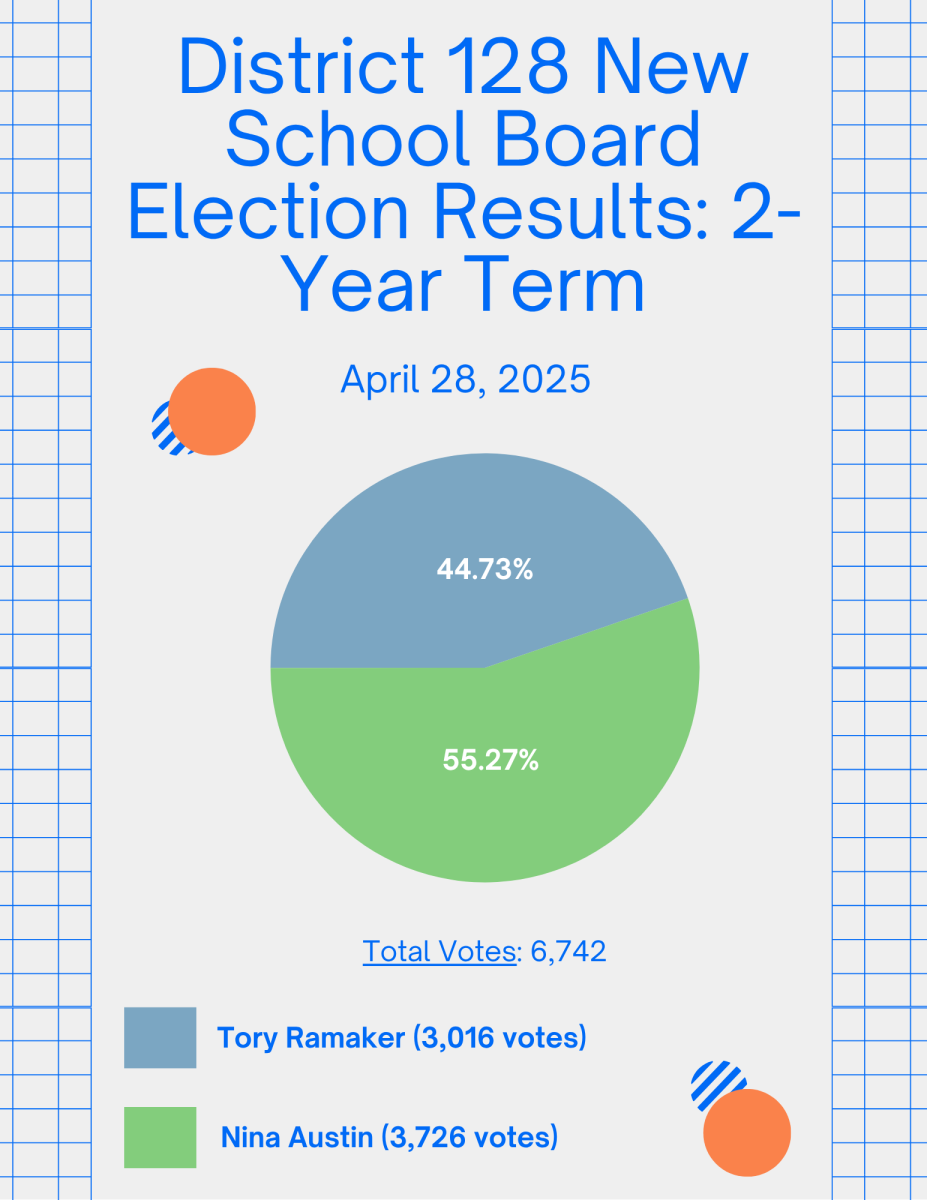
![Mr. Abullh Ali, manager/assistant, helps open Queen Yemeni Coffee in downtown Libertyville at 606 North Milwaukee Ave. With the help of employees such as manager and LHS senior Yousef Taha, they are able to bring the Yemeni and Ethiopian culture to Libertyville by using their Queen spices, cinnamon and cardamom in their drinks such as Adani Chai, which is inspired by Sheda, the Queen of Yemen and Ethiopia. “The history of our coffee [is] a long history and we believe that Yemen and Ethiopia started the coffee and we are bringing something unique to the community,” Mr. Ali said.](https://www.lhsdoi.com/wp-content/uploads/2025/04/Photo-1-1200x800.jpg)



